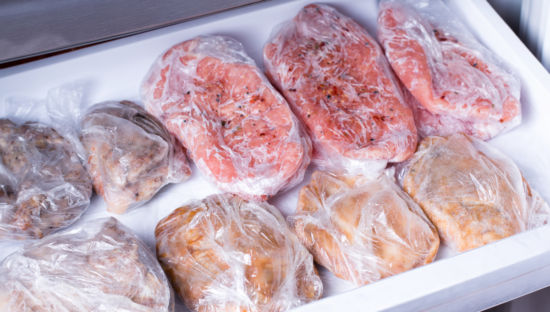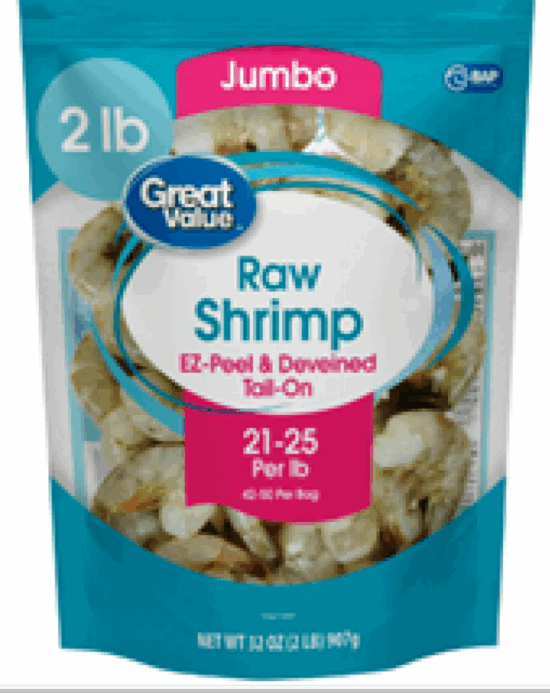Britain is sleepwalking through its biggest food safety crisis since the horse meat scandal, according to a report on meat smuggling.
The Environment, Food and Rural Affairs Committee said it is unacceptable that there is no publicly available data showing the scale and nature of illegal meat entering the country and its destination.
Illegally imported meat poses a serious health risk to consumers, as the conditions of slaughter, handling and storage are unknown and unregulated, meaning it is more likely to carry bacteria, viruses, and parasites that cause illness.
Members of the committee warned of this meat finding its way on to high streets, farms, markets, restaurants and kitchen tables. They said the UK has avoided a major disease outbreak by luck rather than design.
Reality on the ground
According to the report, illegal meat imports have been increasing for several years under different governments. In 2024, 235 tons of animal products were blocked from 2,600 seizures. Demand is driven by low price and culturally preferred products.
In March, the committee visited the Port of Dover. They found inadequate conditions at Border Force facilities with limited ability to decontaminate inspection areas and no dedicated handwashing facilities. Members witnessed a van containing meat being searched by Dover Port Health Authority officers. The van was Moldovan and its driver Romanian, indicating meat had potentially traveled for over 1,000 miles from Eastern Europe.
The inquiry received 169 pieces of written evidence and held four sessions.
The Department of Environment, Food and Rural Affairs (Defra) claims that intelligence led checks are being performed at the border, but the committee said the reality on the ground shows a limited and incomplete intelligence network, strained enforcement capability, and port facilities unsuitable for seizing significant volumes of potentially contaminated meat.
National taskforce
Alistair Carmichael, chair of the EFRA Committee, said: “Every day, vans laden with undeclared, unhygienic and unrefrigerated meat are rolling through our ports for distribution and sale in Britain.
“It would not be an exaggeration to say that Britain is sleepwalking through its biggest food safety crisis since the horse meat scandal. We are calling on this government to get a grip on what has become a crisis, by establishing a national taskforce with proper leadership and a strategy, boosting food crime intelligence networks, creating and enforcing real deterrents to tackle the criminal enterprises involved and equipping port health and local authorities with the resources and the powers they need.”
The committee said there is no identifiable or effective ownership of the issue and called on Defra to create a strategy for product of animal origin (POAO) smuggling with the National Food Crime Unit, the Scottish Food Crime and Incidents Unit, port health authorities, local authorities and Border Force by January 2026.
Defra was urged to create a plan to start fining and prosecuting repeat offenders to act as a deterrent.
The Chartered Institute of Environmental Health (CIEH) said it was willing to join any taskforce to tackle the illegal imports.
Tony Baldock, member of the CIEH advisory panel on Port Health and chair of the Association of Port Health Authorities (APHA), said: “Environmental health professionals are uniquely positioned to identify, investigate, and help prevent these illicit activities through their expertise in food safety, border controls, and regulatory enforcement.
“We also need action now to help tackle the workforce issues which continue to provide significant challenges with the lack of appropriately trained professionals in the pipeline able to carry out this work both at our borders but also in delivering food safety inspections in our communities.”
(To sign up for a free subscription to Food Safety News, click here)



